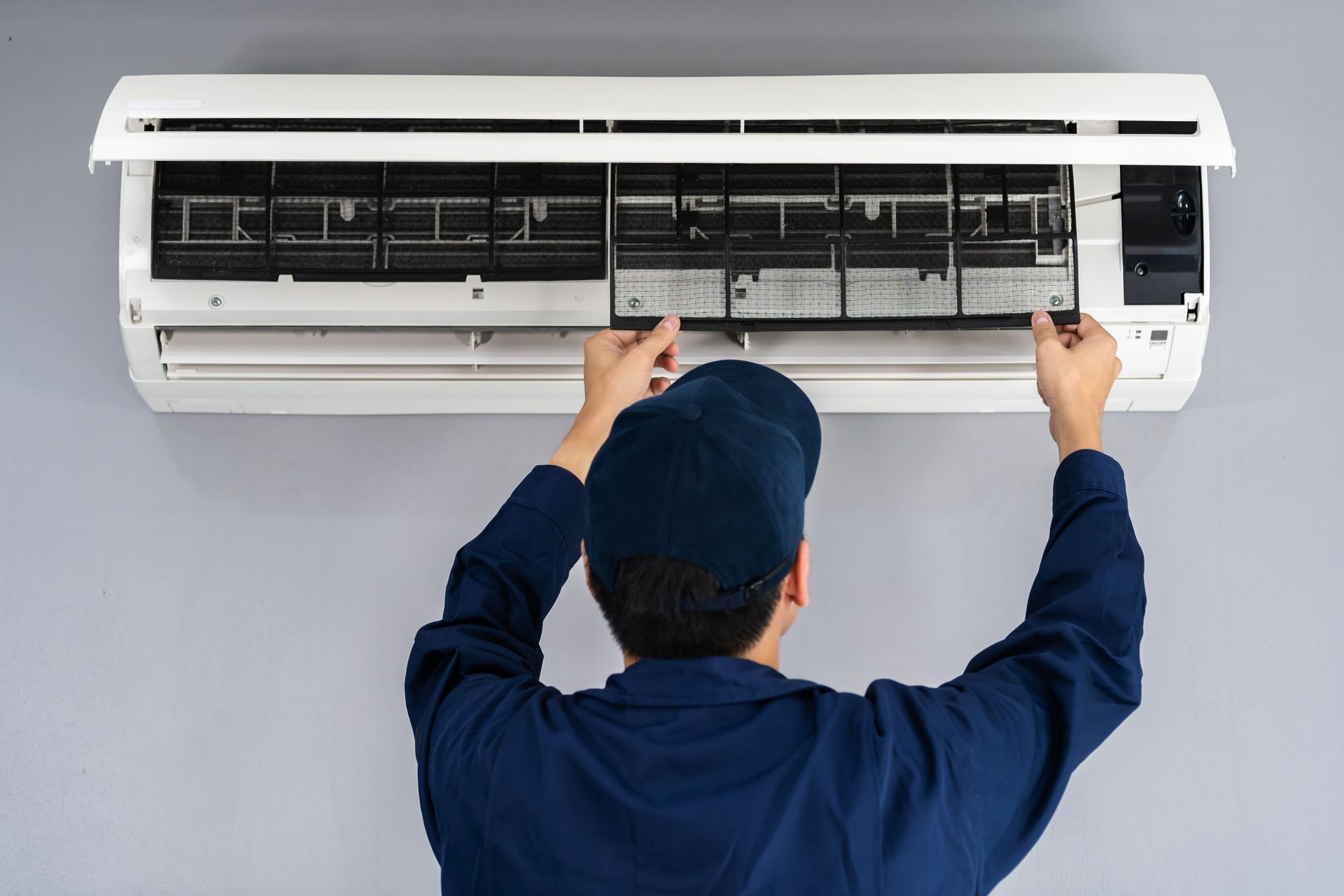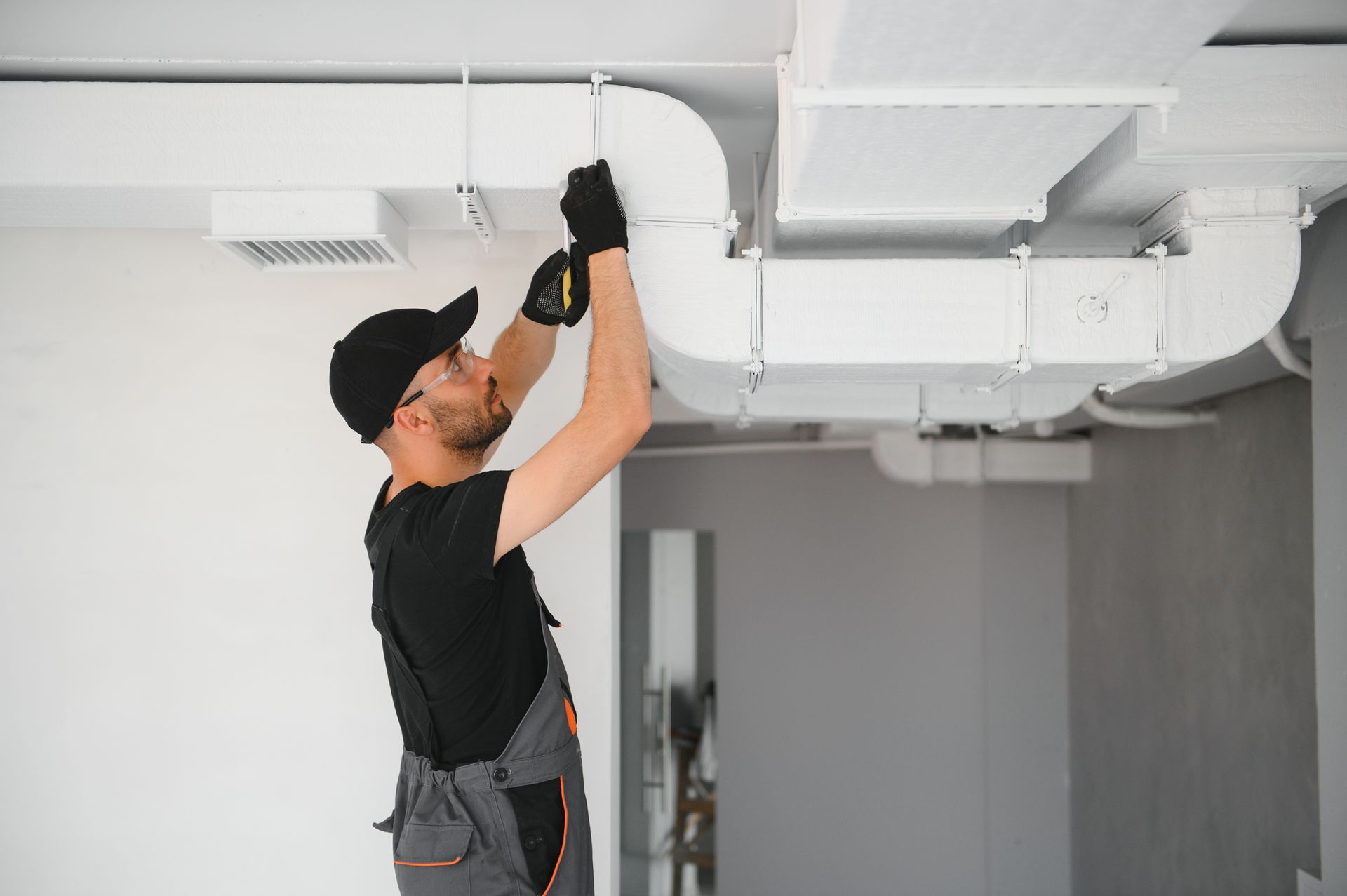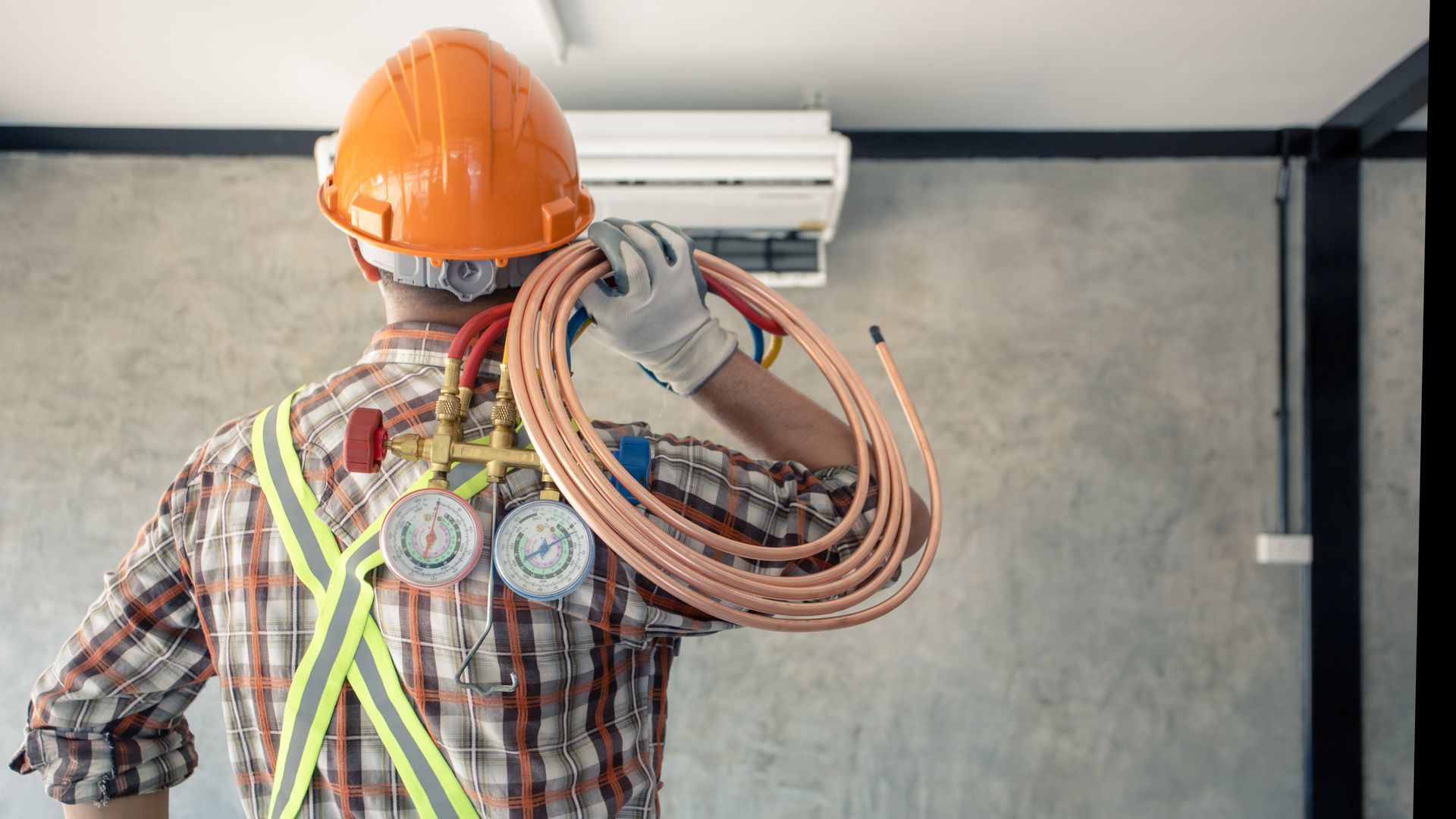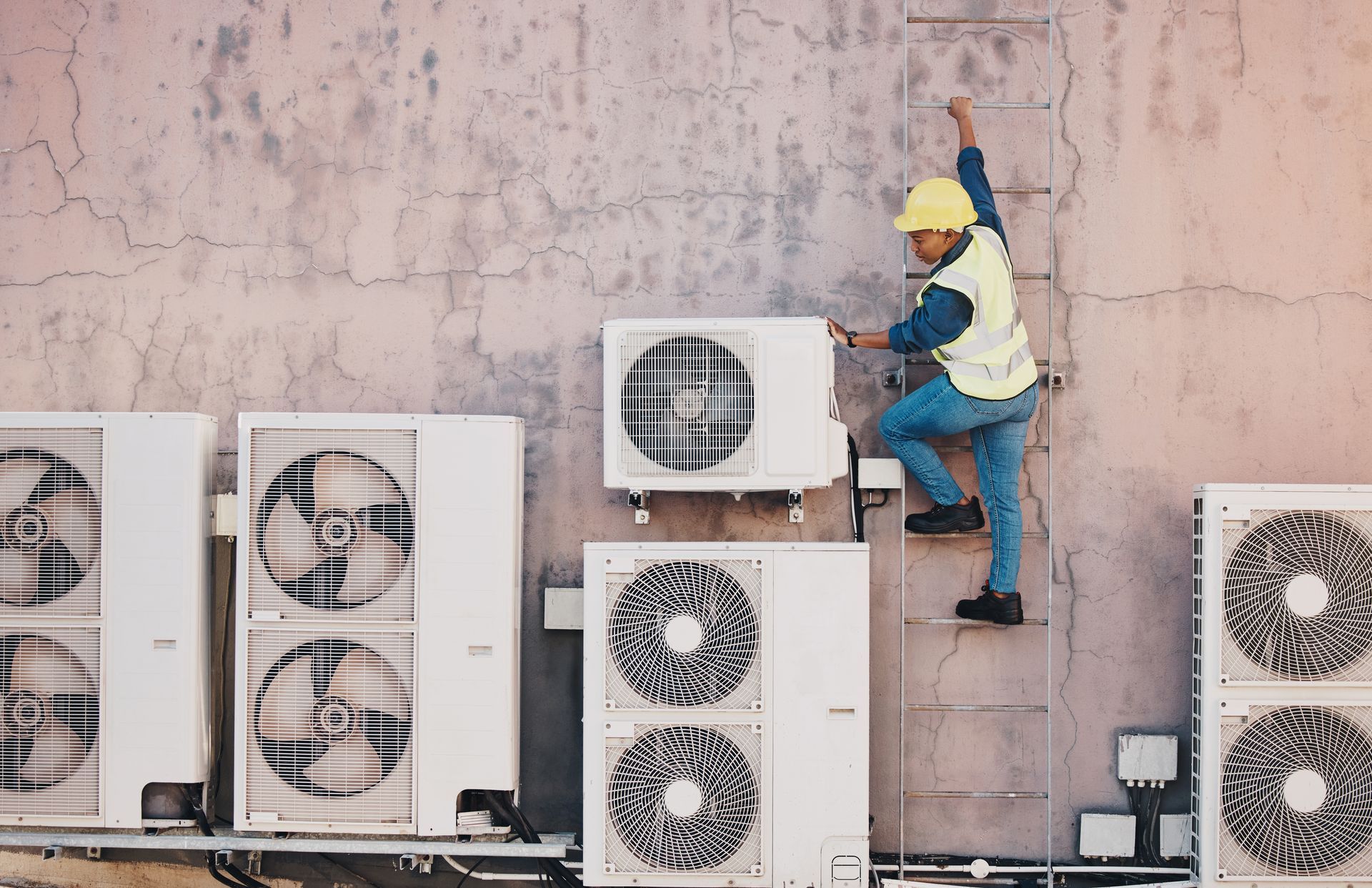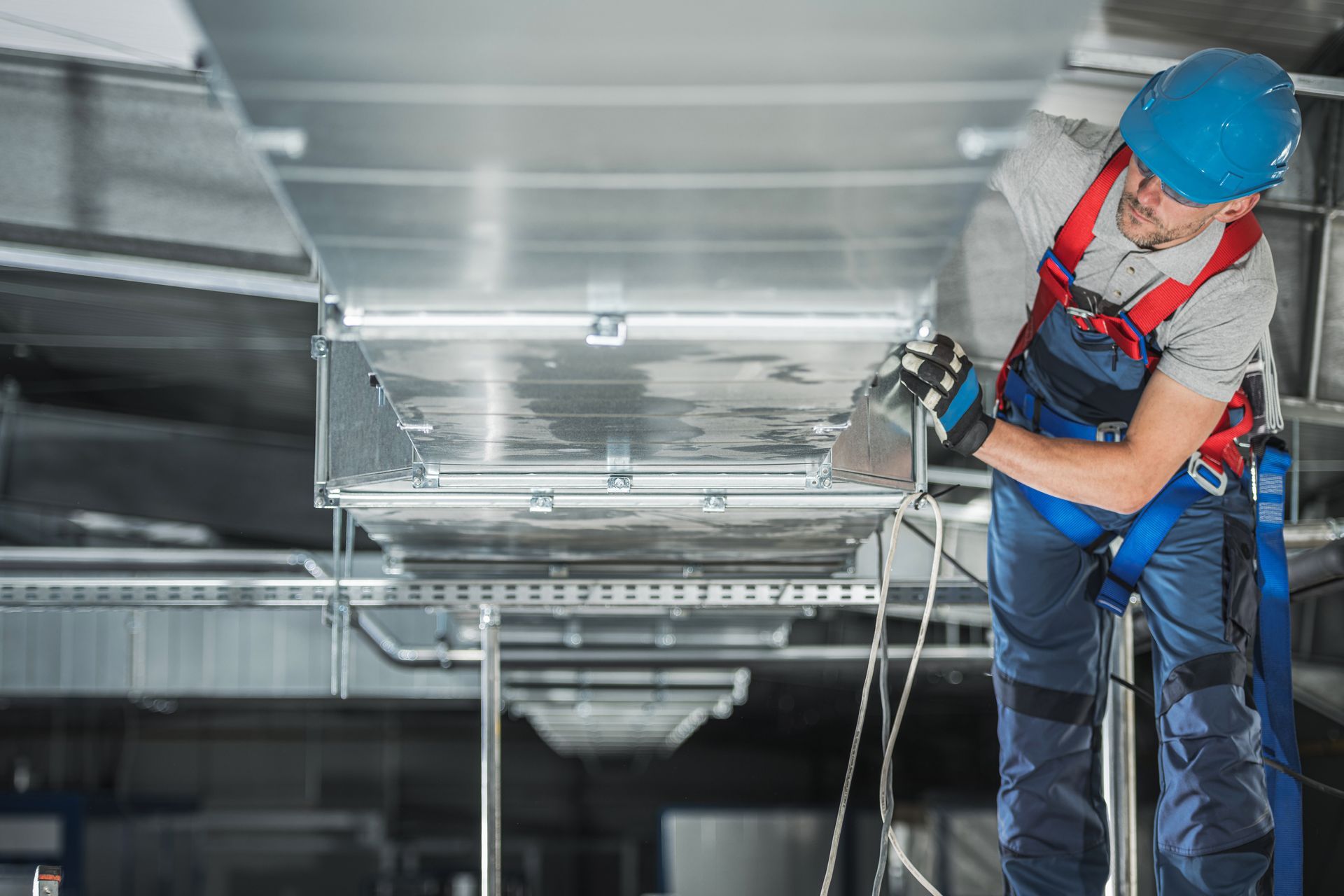Dangers of Musty Smells: Telltale Signs Your HVAC Components May Need Replacement
A musty smell in your home is more than just an inconvenience—it can be an early warning sign of underlying issues that may compromise both your indoor air quality and your HVAC system’s performance. At Mc Cormick Allum, we understand that a persistent odor may signal problems such as moisture intrusion, mold growth, or even failing HVAC components that need immediate attention. Ignoring these signs can lead to higher energy costs, potential health hazards, and more extensive repair needs in the future.
Understanding the root cause of that musty odor is the first step in maintaining a comfortable and safe living environment. In this article, we’ll explore the dangers associated with musty smells, discuss common causes in HVAC systems, and highlight the telltale signs that indicate it might be time for a replacement or professional servicing. By taking proactive measures, you can safeguard your home and ensure your HVAC system continues to operate efficiently.
Understanding Musty Smells in Your Home
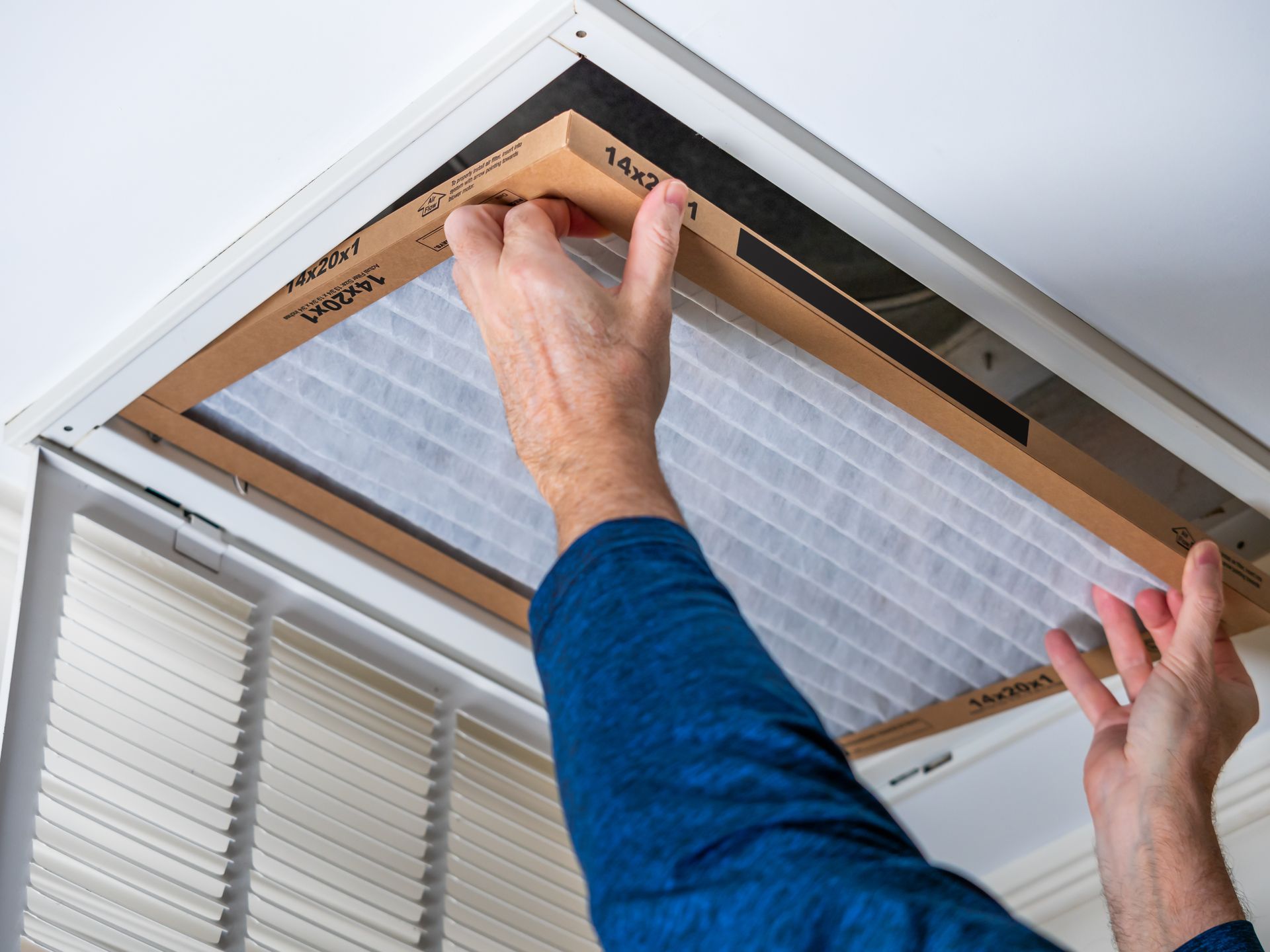
Musty odors are often the result of excess moisture and organic decay, with mold and mildew being the primary culprits. When these fungi proliferate, they release spores and volatile organic compounds (VOCs) that contribute to the characteristic musty scent. While a brief whiff might not be alarming, a constant odor indicates that moisture is lingering where it shouldn’t be, creating an environment conducive to health risks and system inefficiencies.
In many cases, this odor isn’t limited to one area—it can permeate your entire living space, affecting the quality of your indoor air. For HVAC systems, which circulate air throughout your home, any mold or mildew present in the ductwork or on filters can quickly spread the musty smell from room to room. Recognizing this early can help prevent further damage and avoid costly repairs down the line.
Common Causes of Musty Odors in HVAC Systems
There are several reasons why your HVAC system might develop a persistent musty odor. One common cause is a clogged or dirty air filter. When filters become saturated with dust, pollen, and moisture, they can foster mold growth and restrict airflow, leading to inefficient system performance and unpleasant smells. Regular filter maintenance is essential to avoid these issues.
Another potential culprit is moisture buildup within the ductwork or near the system’s components. Leaky ducts, condensation, or poor insulation can create pockets of dampness where mold can thrive. Over time, this moisture not only degrades system performance but also contributes to persistent musty odors that are hard to eliminate through simple cleaning alone.
Telltale Signs Your HVAC System May Need Replacement
A single sign of a musty odor might not immediately warrant a full HVAC replacement, but when the smell persists despite regular cleaning and maintenance, it’s time to dig deeper. One of the most telling signs is the presence of visible mold growth within the ductwork or on system components. If mold is visible or you frequently detect a strong musty smell even after routine filter changes, it could indicate a more systemic problem that may require component replacement.
Additionally, a sudden drop in your HVAC system’s efficiency or an unexpected spike in your energy bills can be indicators of underlying issues. When your system is working harder to circulate air due to blockages or moisture-related damage, its performance inevitably suffers. These signs, combined with a persistent musty odor, suggest that parts of your HVAC system might be nearing the end of their useful life and should be evaluated for replacement.
The Dangers of Ignoring Musty Odors
Ignoring the persistent musty smell can lead to more severe consequences than just an unpleasant indoor environment. Over time, the mold and mildew responsible for these odors can become health hazards, especially for individuals with respiratory issues, allergies, or weakened immune systems. Prolonged exposure to mold spores and VOCs can trigger or worsen conditions such as asthma and other respiratory ailments.
Beyond health concerns, the longer you ignore these odors, the more damage can be done to your HVAC system and home structure. Moisture and mold can weaken ductwork, corrode metal components, and even damage insulation, leading to reduced system performance and potentially costly repairs. Early intervention is crucial to mitigate these risks and maintain a safe, efficient system.
Preventative Maintenance and Early Intervention
Regular preventative maintenance is your first line of defense against the dangers associated with musty odors. Routine inspections, filter changes, and duct cleaning can help catch potential issues before they escalate into full-blown system failures. Keeping your HVAC system well-maintained ensures that moisture and contaminants are kept at bay, preserving both the system’s performance and your indoor air quality.
Early intervention is especially important if you detect a musty smell that persists despite your best efforts to clean and maintain your system. When you notice such odors, scheduling a professional inspection can pinpoint the source of the problem, whether it’s a simple filter replacement or more significant damage within the system. Acting swiftly can prevent further degradation and extend the life of your HVAC components.
How Professional HVAC Services Can Help
At McCormick Allum, our experienced technicians are well-equipped to handle the challenges associated with musty odors in HVAC systems. We use advanced diagnostic tools to identify the root cause of persistent smells and can recommend targeted solutions, from thorough cleaning and ductwork sanitization to component replacement when necessary. Our commitment to quality service ensures that your system operates efficiently and safely.
Our professional services not only address immediate concerns but also provide long-term strategies to prevent recurrence. By implementing a comprehensive maintenance plan, we help you stay ahead of potential issues and maintain optimal indoor air quality. Trusting your HVAC system to our experts means you can rest easy knowing that we’re dedicated to keeping your home comfortable and healthy.
Safeguarding Your Home from Hidden HVAC Hazards
A persistent musty smell in your home is a red flag that shouldn’t be ignored. It may indicate the presence of mold, moisture buildup, or failing HVAC components that are compromising your system’s efficiency and your indoor air quality. Recognizing these signs early and taking proactive steps can prevent further damage and protect your family’s health.
At McCormick Allum, we’re committed to helping you maintain a safe, efficient, and odor-free home environment. By paying attention to the warning signs of a musty odor and addressing them promptly with professional maintenance or replacement when necessary, you can ensure that your HVAC system continues to serve you well for years to come. Don’t let a small smell turn into a major problem—act today to keep your system running smoothly and your home fresh and inviting. Look for hvac western mass r surrounding area? Contact Us Today!
